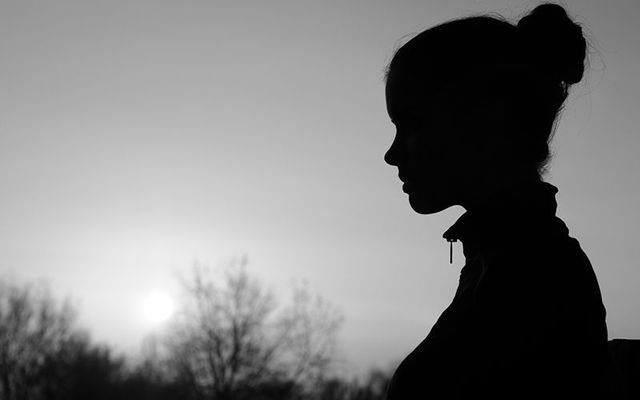Two asylum-seeking healthcare workers in Ireland who helped save lives during the COVID-19 pandemic are now facing the prospect of deportation, and the issue has now made international news.
The workers, who asked to remain anonymous for their own safety, said that they had been issued letters by the Irish Department of Justice informing them that they had been refused permission to remain in the state.
They said that the letters told them that they would be served a deportation order if they didn't indicate within five days that they would voluntarily leave the country.
One of the asylum seekers, who worked as a care worker in a nursing home after fleeing LGBTQ persecution in her native Zimbabwe, told CNN that she received the news of her deportation around three weeks before Ireland's second lockdown during a lunch break at the nursing home where she was working.
Read more
Her friend brought her a letter from the Department of Justice and, at her request, read the letter aloud to inform her of the state's decision.
"You no longer have permission to remain in the State and you must now return voluntarily to your country of origin or be deported," the letter read.
The woman has worked right through the coronavirus pandemic, only taking a three-week break in April after she was diagnosed with the virus herself.
"I had to stay at home for three weeks, I had a fever, but after those three weeks, I had to go back to work because it's something I really like doing," she told the Irish Examiner.
"They needed me, even though I might have gotten the virus again, I had to go back."
The Zimbabwean woman said that she worked tirelessly to help save the lives of the residents in her nursing home at a time when several residents died after contracting the virus.
However, she said that she feels let down by the Irish Government, which launched a campaign to support and thank all healthcare workers during the first lockdown in April.
"They are saying the frontline workers are the heroes ... but behind closed doors, they are chasing us away and kicking us back," she told CNN.
The woman was also informed by the Department of Justice that her work permit had been revoked, although she has continued working.
She has since found a new solicitor, who has written to the Department of Justice on her behalf in an attempt to stop the deportation order. The solicitor is currently awaiting a reply, according to the Irish Examiner.
A second asylum seeker who also came to Ireland from Zimbabwe on the grounds of fleeing LGBTQ persecution also told CNN that she had been issued with a letter from the Department of Justice informing her that she had to leave the country.
The woman, who has been working in a separate nursing home, claims that her asylum was denied because she "didn't seem bisexual".
The Irish Department of Justice said in a statement that it follows the United Nations High Commissioner for Refugees' guidance "in relation to claims for international protection based on sexual orientation and/or gender identity" and that it provides comprehensive training for its caseworkers and interviewers.
The second woman appealed the Irish state's decision to refuse her permission to remain in Ireland on "humanitarian grounds", which takes a person's character, conduct and relationship with the state into account.
She was very hopeful that her appeal would be successful thanks to her devotion to helping some of Ireland's most vulnerable community members before and during the COVID-19 pandemic, while she also had a glowing letter of recommendation from her employer.
However, CNN reports that she was issued with a deportation order on Oct. 28.
Bulelani Mfaco, a spokesperson for the Movement for Asylum Seekers in Ireland (MASI), told the Irish Examiner that the Department of Justice's decisions were "appalling", while MASI co-founder Lucky Khambule described the situation as "cruel".
"These healthcare workers have been part and parcel of healing the Irish public and putting their lives at risk in doing so, as well as having to maneuver the difficulties of living in direct provision," Khambule said.
Former Irish Minister for Health Simon Harris noted in May that some 160 asylum seekers were working as healthcare workers and he extended "one hundred thousand welcomes" to them at the time.
It is unclear how many of those 160 workers have been refused permission to remain in the country, but Harris's welcome will feel overwhelmingly meaningless.
For now, both women continue to work in their respective nursing homes as they fight against the state's decision.




Comments